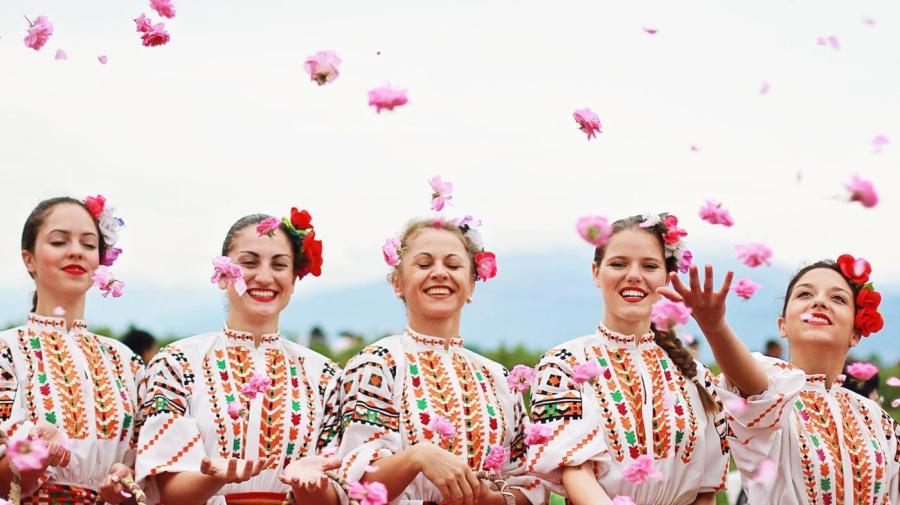Why Is It Important to Keep Traditions?

Keeping traditions alive is important for teaching the next generation about a particular or shared past. Traditions are beliefs or behaviors that are passed down from one generation to the next within a certain group or society. Often, traditions are related to one’s nationality or religion. Some traditions are secular and celebrated amongst a wide range of diverse populations.
According to About.com, it is important to keep traditions because they help an individual to establish an identity. For children, this is very important to positive emotional development. Traditions help to tether learning individuals to their family and place of origin, giving them a sense of security and continuity from one year to the next. Often, this includes religious traditions. Religious traditions include holidays, rituals, rites of passage and values. Keeping religious traditions alive helps to maintain a sense of connection to the past, as many religious traditions have been alive for centuries.
In modern society, keeping traditions alive proves to be difficult, according to The Art of Manliness. Diversity in life is important for introducing new ideas and ways of being. However, a negative consequence of diversity is the lack of sanctity attached to traditions. Some believe that traditions are outdated or reflect a value system that is not applicable in today’s world.





